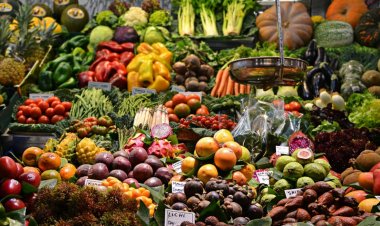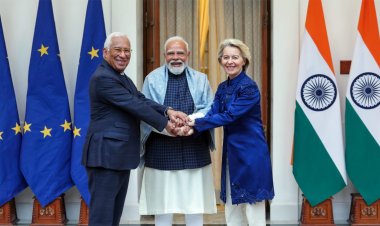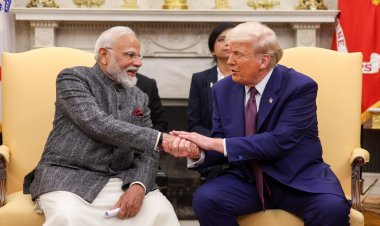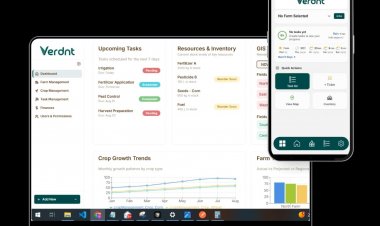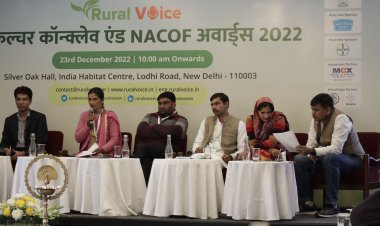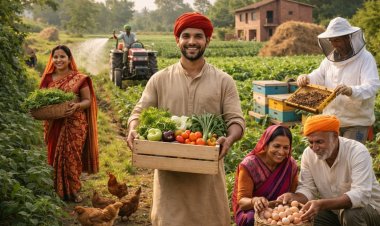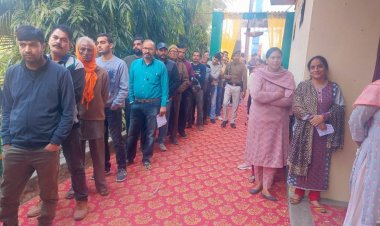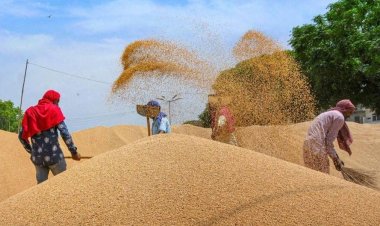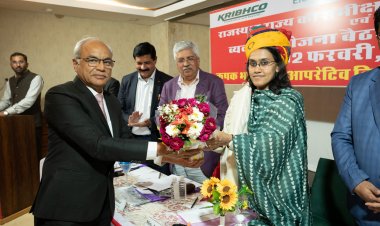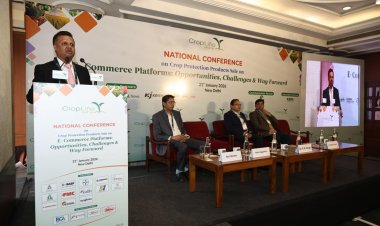Session on crop diversity to be held in Delhi Sep 19-24; representatives from 202 countries to attend
There are several stakeholders in crop diversity who work together — farmers, local communities, gene bank managers and researchers. But they do not find a mention anywhere. Gene banks established across the world play a key role in preserving the seeds.
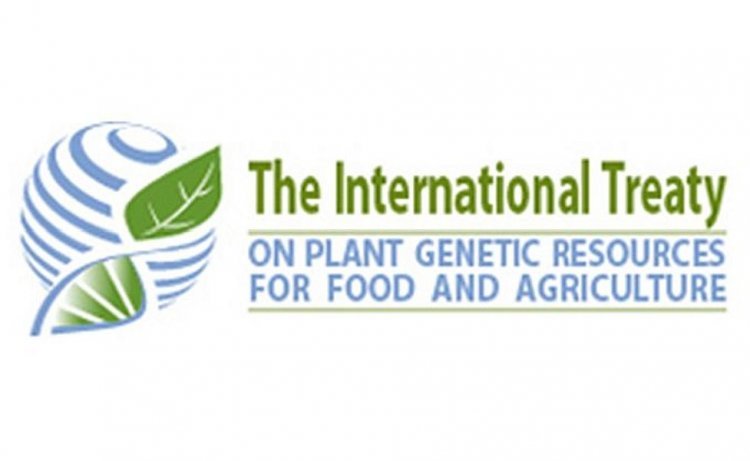
India will host the Ninth Session of Governing Body (GB9) of the 'International Treaty on Plant Genetic Resources for Food and Agriculture' (ITPGRFA) in New Delhi 19-24 September 2022. A Session of the Governing Body is held every two years. The theme of GB9 aims to acknowledge the contribution of the anonymous guardians of crop diversity at an international level.
Representatives from 202 countries, 50-60 agriculture ministers from various countries, 20 representatives of the United Nations (UN) and specialized agencies, 43 inter-governmental organizations, 75 international NGOs and 13 consultative groups on international agriculture research are participating in GB9. When the Eighth Session (GB8) was held in Rome in 2019, it was proposed that GB9 would be held in India in 2021, but the session could not be held last year due to Covid-19.
A press release issued by the Food and Agriculture Organization (FAO) of the United Nations (UN) says that the world is currently facing the crises of climate change, loss of biodiversity and increasing food insecurity. Given this scenario, it is imperative to conserve crop diversity for the future. There are several stakeholders in crop diversity who work together — farmers, local communities, gene bank managers and researchers. But they do not find a mention anywhere. Gene banks established across the world play a key role in preserving the seeds. Farmers and the local communities play a significant role in providing us various food items. It is, therefore, necessary that the guardians of crop diversity be recognized on international forums.
There will be a special session on millets as 2023 has been declared as the International Year of Millets. The release says that the Covid-19 pandemic and the recent Russia-Ukraine war have exposed our weaknesses. It is, therefore, important to conserve crop diversity.
ITPGRFA was adopted in Rome in November 2001 during the 31st session of FAO. The Treaty entered into force on 29 June 2004 and currently has 149 contracting parties, including India. Every country has its own germplasm and biodiversity in agriculture. Their conservation, access, benefit sharing and protecting the farmers’ rights — all these issues will be discussed at GB9.
The Ministry of Agriculture and Farmers Welfare organized a curtain-raiser for GB9 on September 16. Briefing the media, the Secretary (A&FW) said that biodiversity in food and agriculture needed to be conserved to protect the farmers’ rights. Dr Himanshu Pathak, Secretary, DARE and Director General (ICAR), said that the plant genetic resources available in different countries would act as the base material for the development of new varieties to ensure better quality and higher productivity of crops.
Kent Nnadozie, Secretary (ITPGRFA), said that the organization of GB9 would provide a common platform for all the participating countries. This will benefit the farmers. He further said that the scientific exchange of technological advancement among the countries would help mitigate the adverse impacts of climate change and food security globally.



 Join the RuralVoice whatsapp group
Join the RuralVoice whatsapp group

















